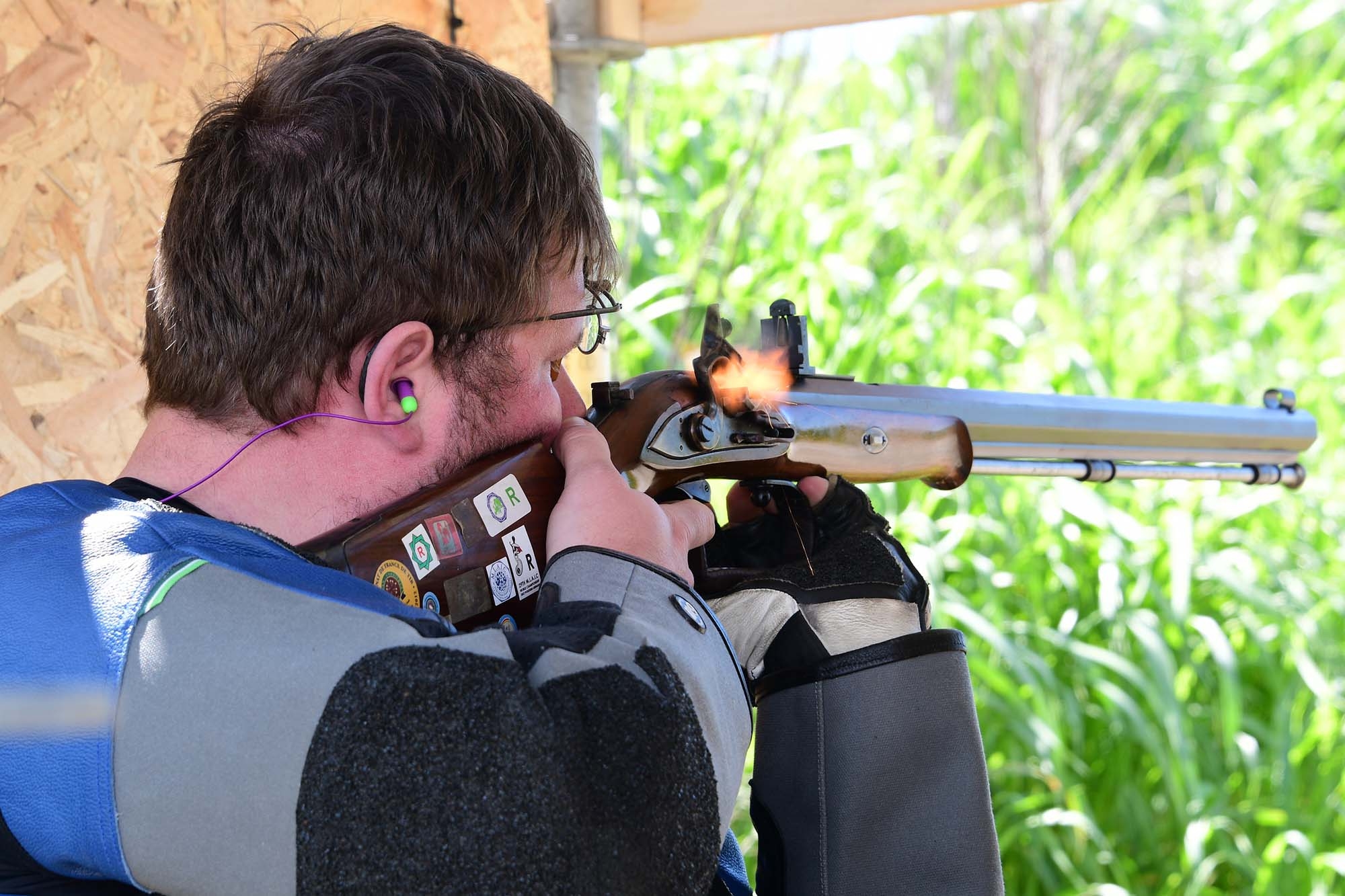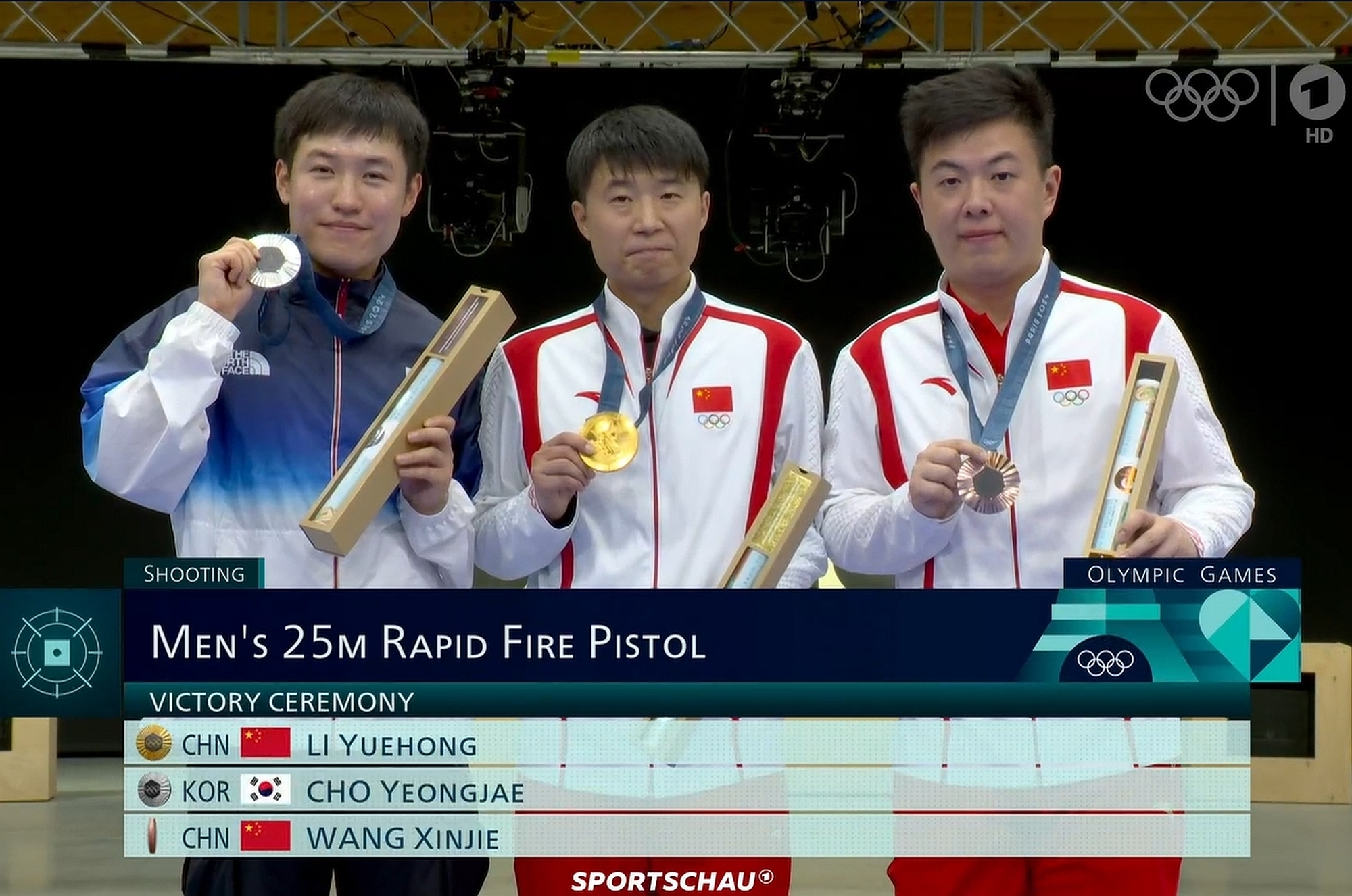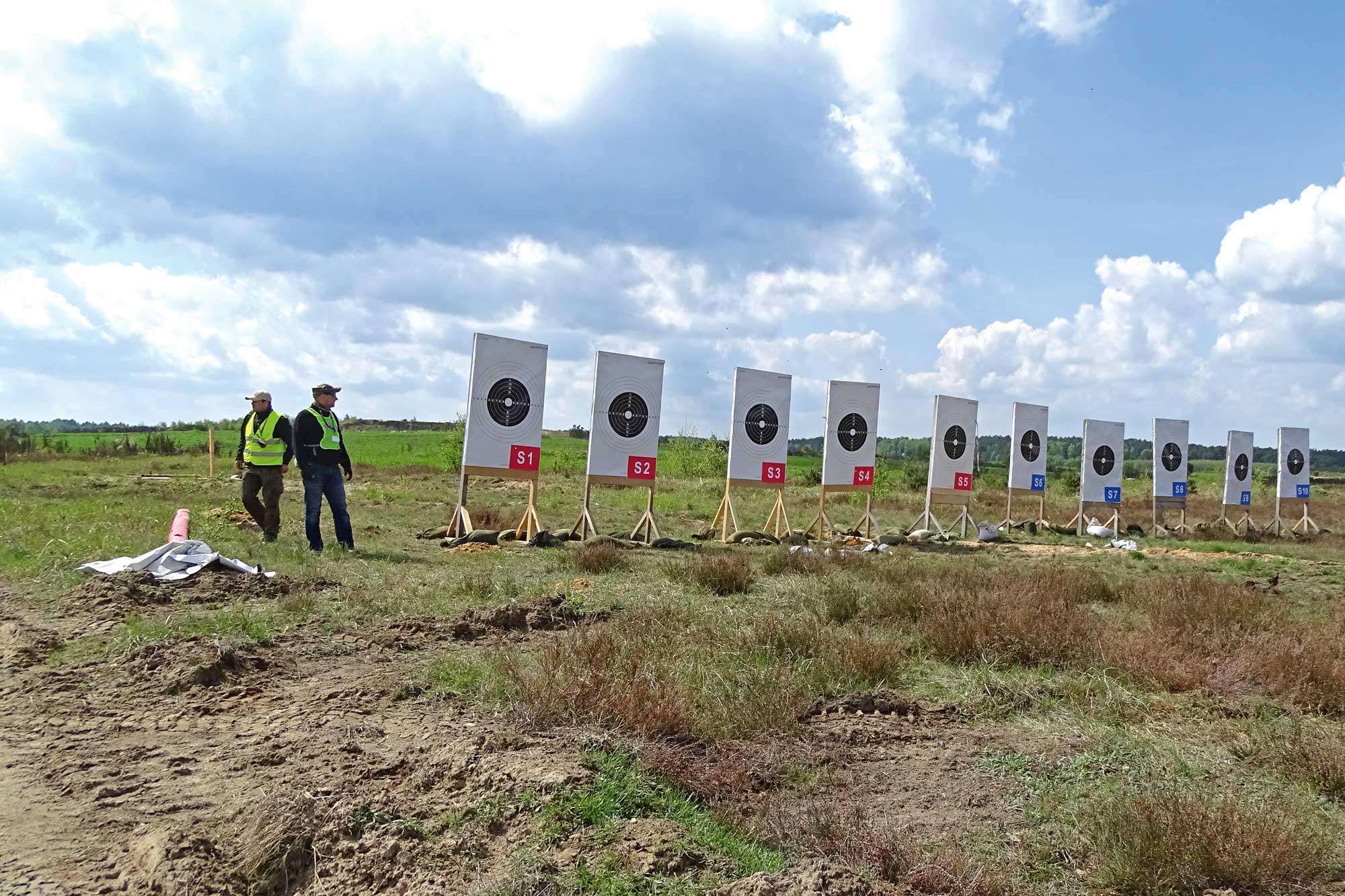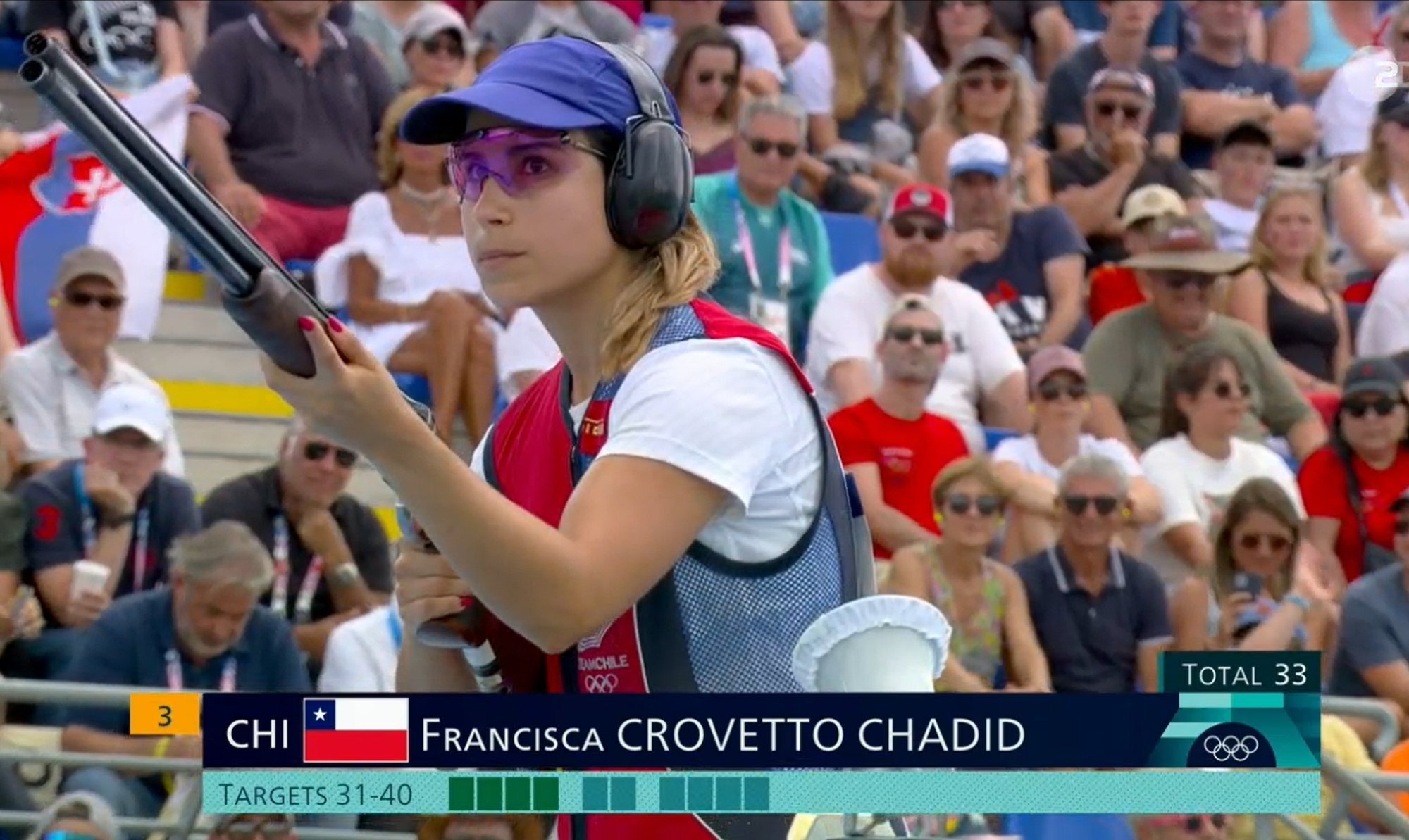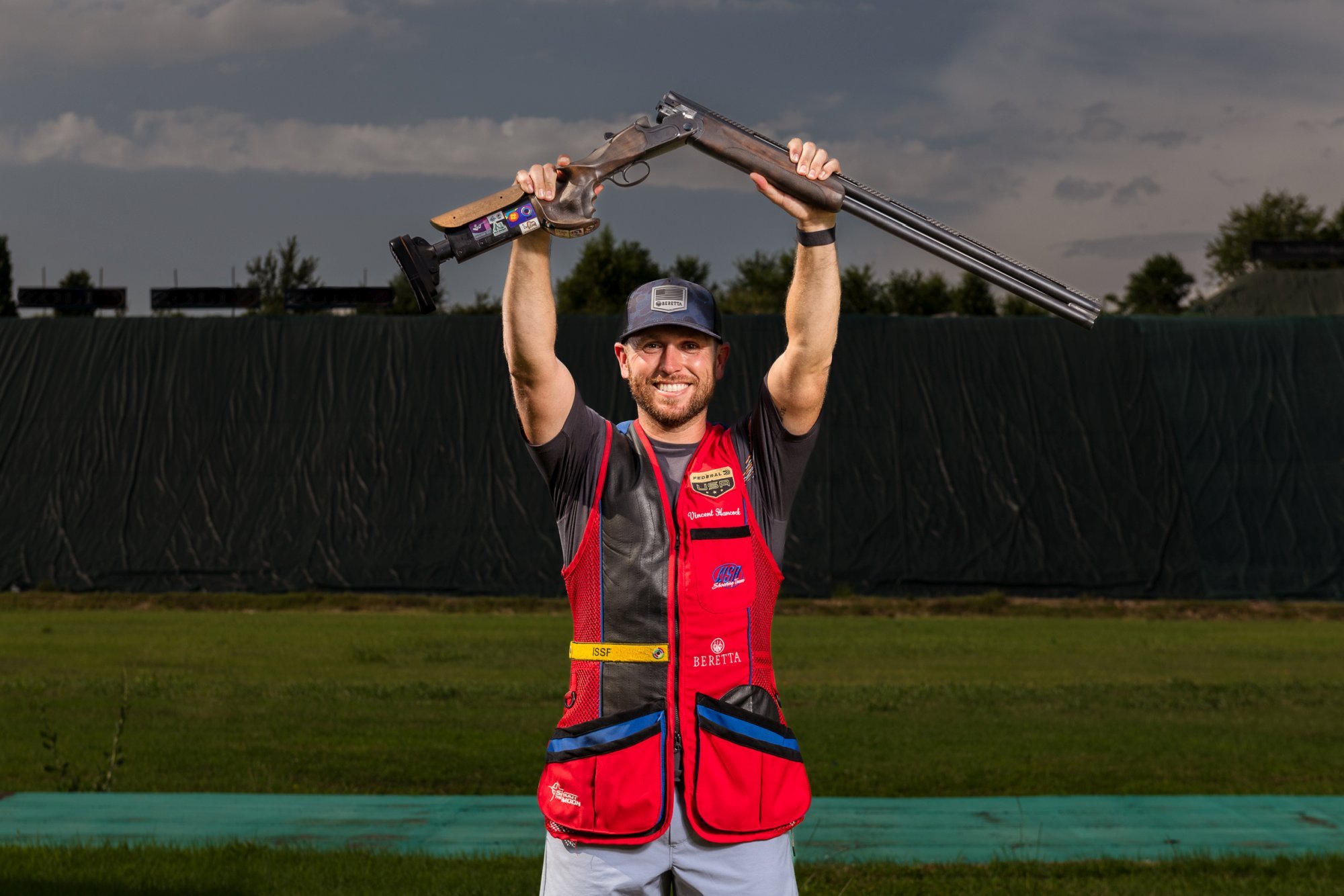No good news from the EU front – if you expected any. On December 21, 2022, the European General Court ruled on the action put forward by Firearms United Network and others concerning the REACH Regulation (EU) 2021/57. The latter will come into force in February 2023 and prohibits discharging and carrying lead shot in or within 100 meters of wetlands. Firearms United Network, an association of firearms owners, sought the annulment of the regulation putting forward 15 legal grounds for an annulment, ranging from infringement of the Charter of Fundamental Rights of the European Union, infringement of the freedom and right to engage in hunting and sporting shooting, infringement of the principle of the rule of law, infringement by reason of a breach of the area of freedom including legal certainty, and justice, misuse of powers, up to manifest errors of assessment concerning the risks to human health and the environment posed by lead shot in wetlands. And guess what – the European General Court rejected all claims alleging that no evidence was presented to demonstrate that the EU institutions’ conclusions were manifestly erroneous.
"ECHA is right because ECHA is right" – No more chance for lead ammo
Reading the court's ruling is instructive, in a sense: in many cases, it's a nice example of what is called circular reasoning. For example, on the topics of lead contamination in game meat and birds mortality (the “environmental pillar”), here on all4shooters.com already explained why ECHA's conclusions are incorrect, grossly exaggerated, if not even false. Yet the Court rules that the use of lead in shot in wetlands results in a risk to waterbirds and that any level of exposure to lead is a risk for human health basically because... ECHA says so.
The main issues raised by Firearms United Network were: a) the scope of the restriction (i.e. the definition of “wetland”); b) the reversed presumption of innocence; c) the peculiar position of consumers under REACH; and d) the breach of the principles of legal certainty and proportionality. As FACE, the European Federation for Hunting and Conservation, points out, the judgment contains two substantive issues worth mentioning. First, the applicants argued that the scope of Regulation 2021/57 (“wetlands”) is so imprecise that “citizens would not be able to foresee the consequences of their actions” in violation of the legal certainty. The Court held that the restriction was imposed for the protection of waterfowl, and thus the term “wetlands” must be interpreted in the light of that objective delimiting the scope of the measure. The term does not cover areas which are not likely to provide habitat for waterfowl, like puddles after rain. In sum, the Court ruled that the measure was “sufficiently clear and precise in that it inform, without ambiguity, the persons concerned”. This clarification has a limited effect, as hunters and enforcement officers must nevertheless decide on a case-by-case basis, on the spot, whether an area, like a peatland, is a wetland and where that area exactly begins and ends.
Reversed burden on proof and due process rights – hunter’s interests have no chance
Second, Regulation 2021/57 entails that hunters would be presumed to be guilty by carrying lead gunshot while walking within 100 meters of wetland, unless being able to prove that the carrying was not for waterfowl hunting. The applicants argued that such a reversed burden on proof violates the presumption of innocence. The Court rejected the claim. It holds that there was no violation of that principle because the presumption is rebuttable, namely it is up to the hunters carrying lead ammunition to prove that he/she was not hunting waterfowl in the 100 meters buffer zone, but he/she was simply crossing.
FACE has already underlined that such a rebuttal is impossible: how a hunter could demonstrate negative (“I was not hunting ducks”) and a state of mind (“My intention was to hunt grouse”)? Moreover, there are Member States that will apply criminal sanctions for violation of the restriction. In criminal cases, defendants are normally assumed to be innocent until they have been proven guilty. Regulation 2021/57 may create a delicate situation by reversing the traditional due process rights and, as a directly applicable measure, prevailing national provisions, even in the national constitution, on those rights.
As FACE stresses, “had the court considered the definition of 'wetlands' as being too ambiguous for implementation, the only option would have been an annulment of Regulation“. But EU Courts are always hesitant to repeal legislative measures – no matter if they are wrong, arbitrary and detrimental.




